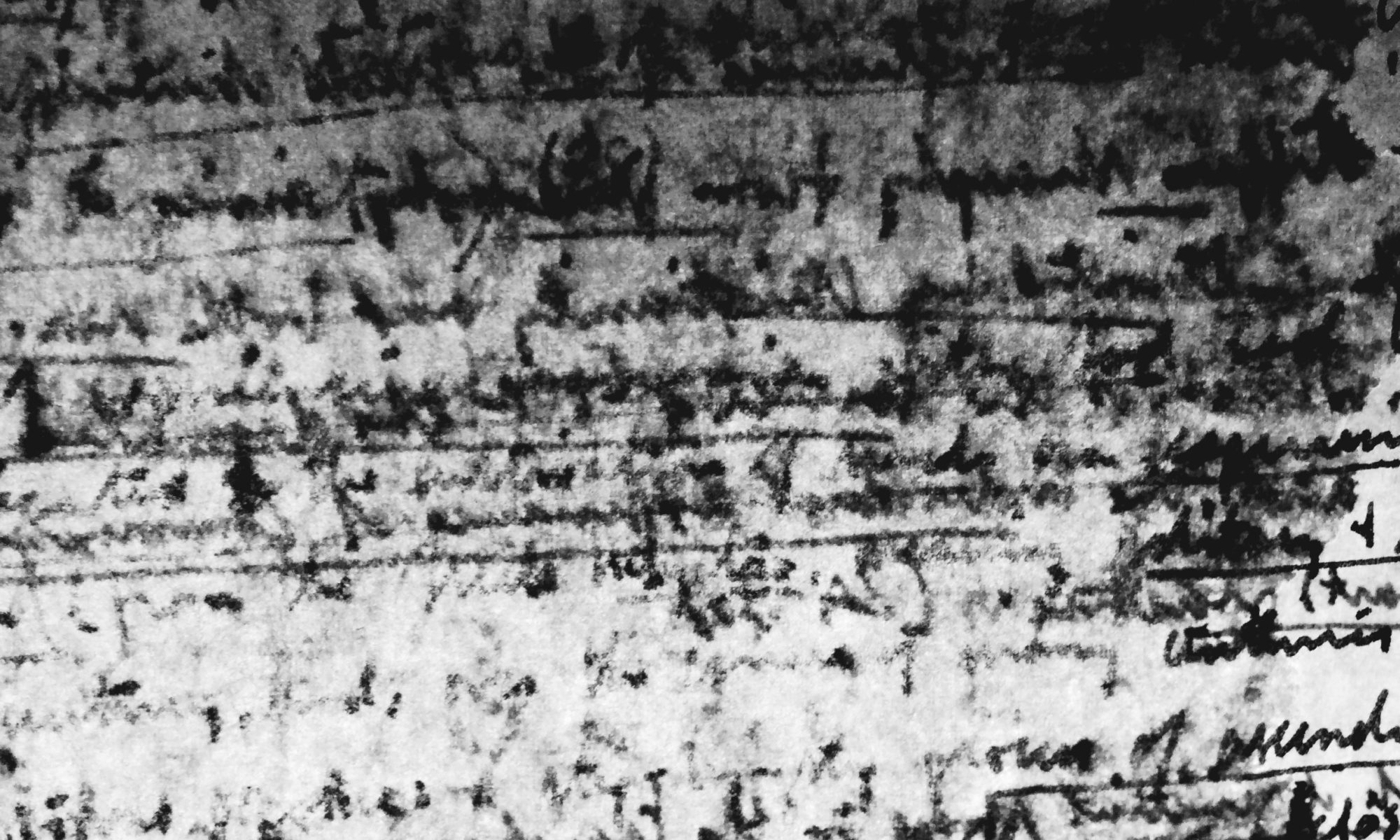For the November 2011 issue of Modern Horizons we invite essays that explore the concept of violence in its many forms and from a variety of ethical standpoints.
Although generally condemned and considered unfavourable for societies, violence nevertheless has a ubiquitous presence, at times explicit and at others implicit, in culture. While live and televised fighting is quickly becoming the entertainment of choice around the world, humans systemically condemn other acts of violence as if to compartmentalize and classify them, thereby permitting some and disallowing others, which, in itself, can be understood as a violent act. While it is important to understand that violence comes in different degrees, why these degrees are determined and who determines them may be just as, if not more, important. The ambiguous and various roles that violence plays have an impact on the inner workings of society. We recognize that violence exists in many forms and manifestations, however we understand that inherent to all forms of violence is a dual process of transgression and transformation.
Thus Benjamin writes, “like the outcome, the origin of every contract also points toward violence”—in other words, violence is both the origin (transgression) and the outcome (transformation). What Benjamin is thinking about here is not the violent nature of certain events, but the violent barbarism that underlies all of culture’s manifestations. Similarly Slavoj Zizek writes about the objective systemic violence inherent in society; an objective violence that blinds us to our subjective position as both perpetrators of and witnesses to violence. Further, in Fleurs du mal Baudelaire poetized about the violence of the crowd and the violence endemic to the gaze itself, a violence in which he recognized the workings of a mid-19th century ethos. Finally, one also thinks of the ineffable character of violence in the poetry of Celan, where an unspeakable, unthinkable violence is made audible. This trauma, whether the trauma felt when faced with the structure of modern society or the trauma of the unspeakable, becomes inseparable from the experience of violence. However, one must question the relation between experience and violence: is not all experience at some level a transgression of limits, and in this sense, contains an element of violence? Conversely, is not the very loss of experience also a form of violence?
With these questions in mind we invite essays that explore the questions, ideas, and ways of thinking on and around the theme of violence. Some topics may include, but are by no means limited to:
– Heroic violence
– Chivalric violence
– Divine violence
– Law, justice, and violence
– Violence as/and therapy
– Image as/and violence
– Politics as/and violence
– Language as/and violence
– Art as/and violence
– Violence as/and history
– D.H. Lawrence (physical violence versus the violence one thrills toward)
– Rabelaisian grotesque
– Judith Butler
– Elaine Scarry
– Hannah Arendt
– Nietzschean violence
– Violence and the Divine Marquis
Accepted essays will be published in the journal Modern Horizons. Modern Horizons seeks to address, through examining a variety of ideas and artistic works, the endlessly open question of what is meaningful in what we are living.
The name ‘Modern Horizons’ comes with two emphases in mind. We include the word ‘modern’ because we begin with the arts, thoughts, and experiences of our own time. There is an essentially ahistorical sense to our idea of ‘modern,’ as we seek to avoid questions of periodisation or ideas of historical necessity. Our second emphasis is on ‘horizons,’ in the hermeneutic sense of the meeting of disparate interpretations and vantage points through conversation. The notion of horizons is essential to our way of thinking because, from the perspective of our own time and place, we seek to examine and interrogate those inherited, negotiated, and created forms of art and thought which matter directly or indirectly for us, here and now. This thought will involve the ongoing effort to raise, engage with, rehabilitate, and think about ideas that have impact today as they shape and are shaped by us; to this end, we solicit contributions with an emphasis on engagement and insight—contributions whose aims reach beyond their pages.
The essays published in Modern Horizons will take the form of thinking in public; that is, we wish to serve as an outlet for thinking that bridges academic and non-academic subject-matter—not as essays tied finally to a particular text, but in the form of exploratory endeavours which may participate in an ongoing conversation about what it means to be human in this world. This aim will be echoed in papers that embody a deliberately essayistic form, whether personal, essential, critical, hermeneutic, or public.
Each issue in Modern Horizons is theme based; these themes may be explored through essays on literature, philosophy, painting, music, architecture, or other forms of art. The freedom afforded by our non-affiliation with a specific academic institution is deliberate, as we desire to link public and academic worlds. This position allows us to explore ideas that are often neglected by academia or the public voice.
Modern Horizons is a peer-reviewed journal and welcomes a variety of submissions: essays, dialogues, interviews, and critical-reviews, in either French or English.
Submissions of approximately 1000-5000 words will be considered for publication. Please direct submissions to editors@modernhorizonsjournal.ca as an attachment in .doc format, following MLA style guidelines.
Deadline for submissions is September 1st, 2011.
Modern Horizons
modernhorizonsjournal.ca
editors@modernhorizonsjournal.ca

